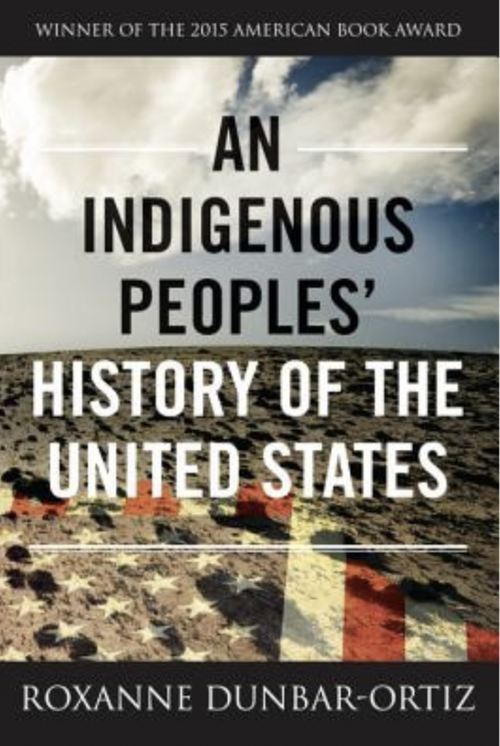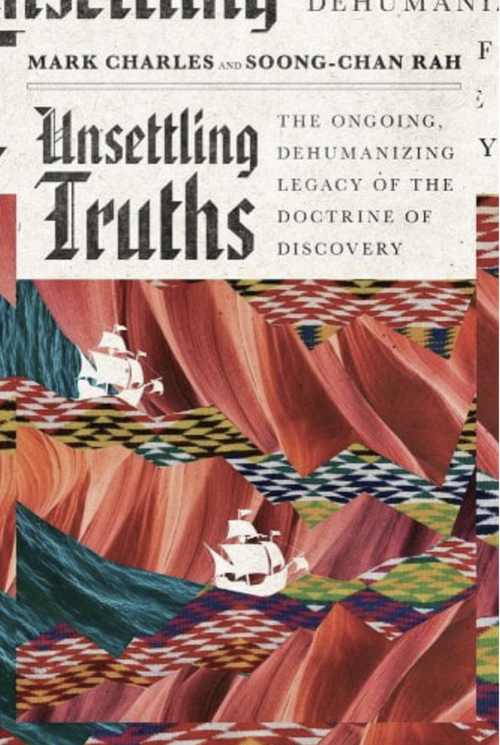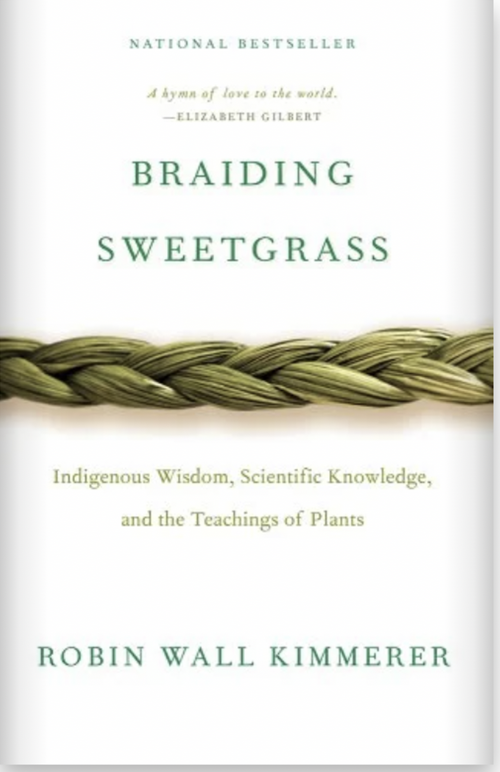What is a Land Acknowledgement?
A Land Acknowledgement is a process of looking at the past through others' eyes, acknowledging history and learning over the course of a year or so, and crafting a simple statement.
Statements will depend on each congregation's ethos, process, and makeup; statements are as unique as we are. They also show to the 'outside world' that we have the humility and honest to move forward in relationship with respect, dignity, and empathy.
Statements will depend on each congregation's ethos, process, and makeup; statements are as unique as we are. They also show to the 'outside world' that we have the humility and honest to move forward in relationship with respect, dignity, and empathy.
ELCA and SYNOD Resources
What Land Are We On?
Worship
Indigenous Relationship Resource Video Library

from the Lay School of Ministry - Free Video Sessions
“We Repudiated the Doctrine of Discovery. What's Next?” Our synod was one of the 18 synods that passed this resolution and memorialized the Evangelical Lutheran Church in America (ELCA) to do the same.
It is one thing to pass a resolution. It is another thing altogether to live into it.
Our LSM board too the resolution seriously and planned an entire year of work, led by American Indian and other scholars, including time spent in American Indian nations in our synod listening to elders. These 9 sessions help us learn and reflect together.
It is one thing to pass a resolution. It is another thing altogether to live into it.
Our LSM board too the resolution seriously and planned an entire year of work, led by American Indian and other scholars, including time spent in American Indian nations in our synod listening to elders. These 9 sessions help us learn and reflect together.

A video conversation with the SAMs of the NW Synod of Wisconsin
Indigenous Relationship Reading Library

by Roxanne Dunbar-Ortiz
Today in the United States, there are more than five hundred federally recognized Indigenous nations comprising nearly three million people, descendants of the fifteen million Native people who once inhabited this land. The centuries-long genocidal program of the US settler-colonial regimen has largely been omitted from history. Now, for the first time, acclaimed historian and activist Roxanne Dunbar-Ortiz offers a history of the United States told from the perspective of Indigenous peoples and reveals how Native Americans, for centuries, actively resisted expansion of the US empire.

by Mark Charles & Soong-Chan Rah
Injustice has plagued American society for centuries. And we cannot move toward being a more just nation without understanding the root causes that have shaped our culture and institutions. In this prophetic blend of history, theology, and cultural commentary, Mark Charles and Soong-Chan Rah reveal the far-reaching, damaging effects of the "Doctrine of Discovery." In the fifteenth century, official church edicts gave Christian explorers the right to claim territories they "discovered." This was institutionalized as an implicit national framework that justifies American triumphalism, white supremacy, and ongoing injustices.

by Robin Wall Kimmerer
Drawing on her life as an indigenous scientist, and as a woman, Kimmerer shows how other living beings--asters and goldenrod, strawberries and squash, salamanders, algae, and sweetgrass--offer us gifts and lessons, even if we've forgotten how to hear their voices.
